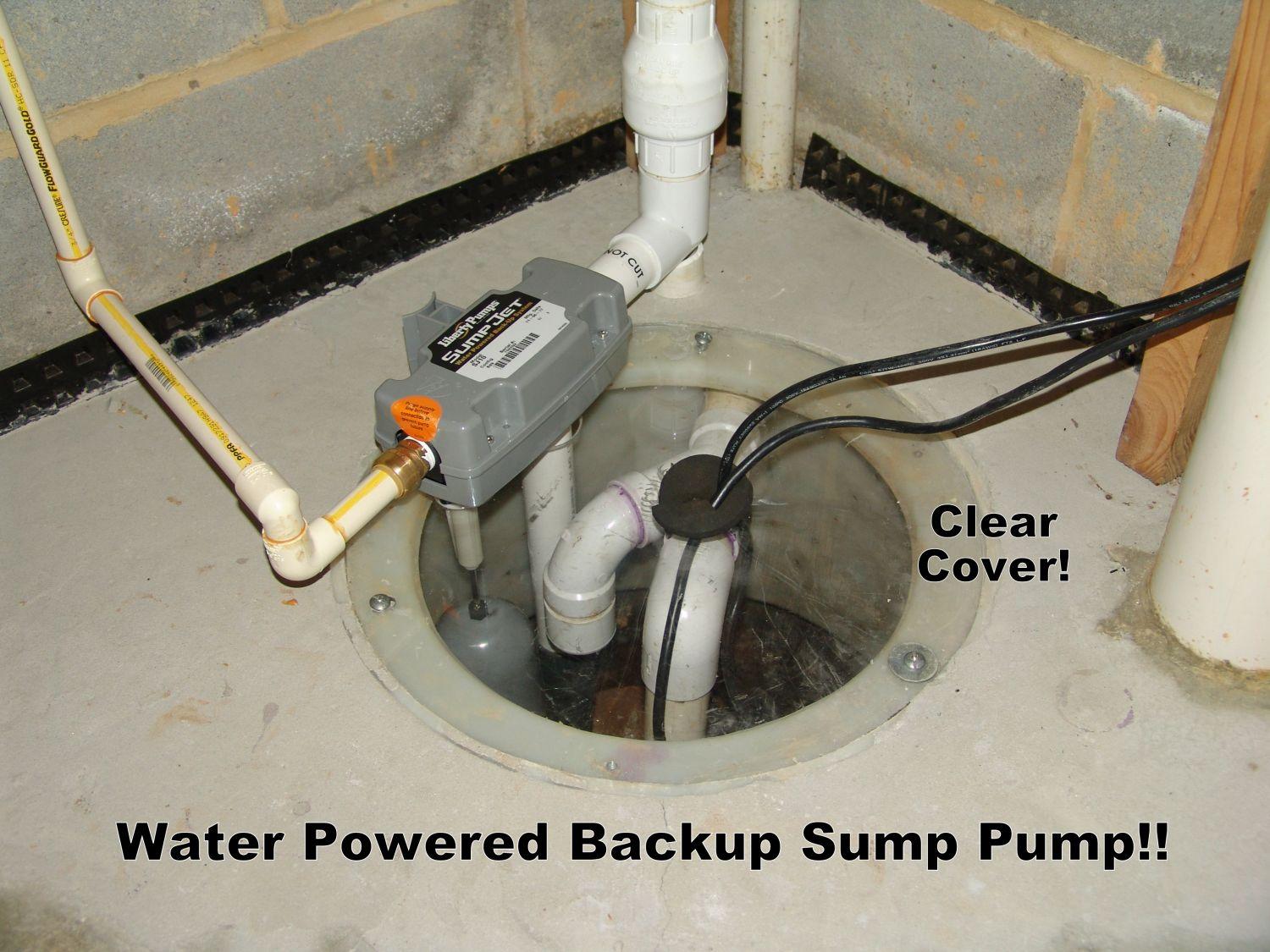You might be wondering what makes a refrigerator garage ready; well, a garage ready refrigerator is a fridge with more than one temperature sensor, a wide range of allowable operating temperatures, or any other feature that will appeal to garage enthusiasts. Besides, these refrigerators are highly optimized fridges that use customized thermostats and other technology to endure harsh weather conditions.
What is a Garage-Ready Refrigerator?
Most house refrigerators usually function well in a room temperature setting. However, they are not designed to withstand temperatures as high as 80 degrees Fahrenheit or as low as 60 degrees Fahrenheit. As a result, people have made the mistake of using a standard house refrigerator as a garage fridge, which has never worked out well.
What you need in a garage refrigerator is its ability to endure drastic temperature changes. This is where these garage-ready refrigerators come in handy. These garage-ready refrigerators are specially built to withstand intense heat and cold, making them more long-lasting than regular refrigerators.
In short, garage-ready refrigerators are units with sensitive temperature sensors that can work in practically any weather. Essentially, these are refrigerators designed specifically for use in garages.
Why Buy a Garage Ready Refrigerator?
Many people require a garage-ready refrigerator for a variety of reasons. One of the primary reasons is that you can’t run a refrigerator in your house for any reason, or you want to use the extra room in your garage for another refrigerator.
1. Your garage gets quite humid in summer
One of the unique elements of garage refrigerators is that they are specially designed to deal with the significantly greater moisture levels in garages than in the kitchen’s drier temperature.
2. Your garage becomes extremely cold in winter.
Most garages in the north may easily drop below freezing in the winter. In that instance, the refrigerator may not function, causing the food to defrost, among other problems. This is where a garage-ready refrigerator plays a role since they will not get idle in winter.
3. You live in a region with a tendency for temperature change throughout the day.
Our houses are built with different insulating materials that help maintain the temperature within the house considerably more stable than the temperature outside. This implies that, even though the temperature fluctuates more frequently outside, the change within the house is slower, enabling refrigerators and other equipment with thermostats to adjust to the change. Conversely, garages are not well insulated, so temperature fluctuations might trick the compressors into overworking themselves or not working, which would be unpleasant. However, with the best garage-ready refrigerator, you will be able to deal with the temperature change issue.
What are the Tips for Choosing a Garage Ready Refrigerator?
1. Size and storage
You need to invest in a refrigerator that will meet your storage requirements. But conversely, keep in mind the available space in the garage where you plan to place the refrigerator.
2. Location
The area in which you put the refrigerator impacts its operation. Avoid installing it in a wet, uneven, or cramped area. Besides, you may need to clean the area on occasion. As a result, ensure that the installation location is dry, well-ventilated, and level. Also, ensure the refrigerator is away from direct sunshine; otherwise, it will heat up faster. What you can do to avoid this is to install shades to keep sunlight out of the room.
3. The temperature in the garage
Sometimes garages can get very hot in the summer. Also, if you leave the door open, the room may become considerably hotter. As a result, you must choose a garage-ready refrigerator that can handle severe temperatures in your garage. Moreover, your garage fridge’s compressor should be strong enough to function in hot and cold settings. This will ensure that your food remains cold and that the fridge will not be damaged.
4. Energy efficiency
Investing in a second refrigerator for your house will increase the electricity bill; therefore, it’s critical to evaluate the wattage and energy consumption of the model you intend to purchase. Don’t only focus on the price of the fridge, but also consider how energy-efficient it is. Newer refrigerator models typically have energy star ratings that indicate how well they work at low voltages. If you buy the proper model, you may reduce your energy use by 15%.
5. Cold controls
A cold control in the garage refrigerator allows your appliance to detect the outside temperature. As a result, if the temperature falls below 32 degrees, the sensor will turn off the compressor because there is no need to be colder. Therefore, your appliance will consume less energy and perform better in cooler weather. Besides, cold control is a frequent feature of top-mount garage-ready refrigerators.
Frequently Asked Questions on What Makes a Refrigerator Garage Ready
1. Should I disconnect my garage refrigerator during the winter?
Though it can be advantageous, most garage refrigerators will cease to function at some point throughout the winter if left unattended. Putting a refrigerator in your garage without first preparing it might cause the freezer to defrost or the refrigerator to freeze food.
2. How can you tell whether a refrigerator is a garage ready?
Don’t just believe the advertisements and let the manufacturer tell you if the fridge is “garage ready” for your garage. Instead, always read the owner’s manual when purchasing a refrigerator for your garage. The owner’s manual is normally available for free on the manufacturer’s website.
3. Do refrigerators work harder in the garage?
Since cold air escapes more quickly from an empty refrigerator, an appliance in a hot garage must work harder to combat the ambient temperature. On the other hand, a fully packed refrigerator has less space for warm air, which helps the unit maintain cool temperatures when opened on a hot day.
4. What’s the difference between garage-ready refrigerators and regular refrigerators?
Garage-ready refrigerators normally work at lower and higher ambient temperatures, while regular refrigerators are often in the house with rather consistent temperatures. As a result, garages may get extremely hot or chilly. “Garage ready” freezers may work at temperatures ranging from 0 to 100 degrees Fahrenheit.
5. Why is my garage fridge freezer not working?
If the temperature in your garage falls below freezing, the thermostat inside the garage refrigerator’s freezer might think that it is cold enough and turn off. To solve the issue, we recommend heating the air surrounding the thermostat. Alternatively, install a heating coil around the thermostat.




